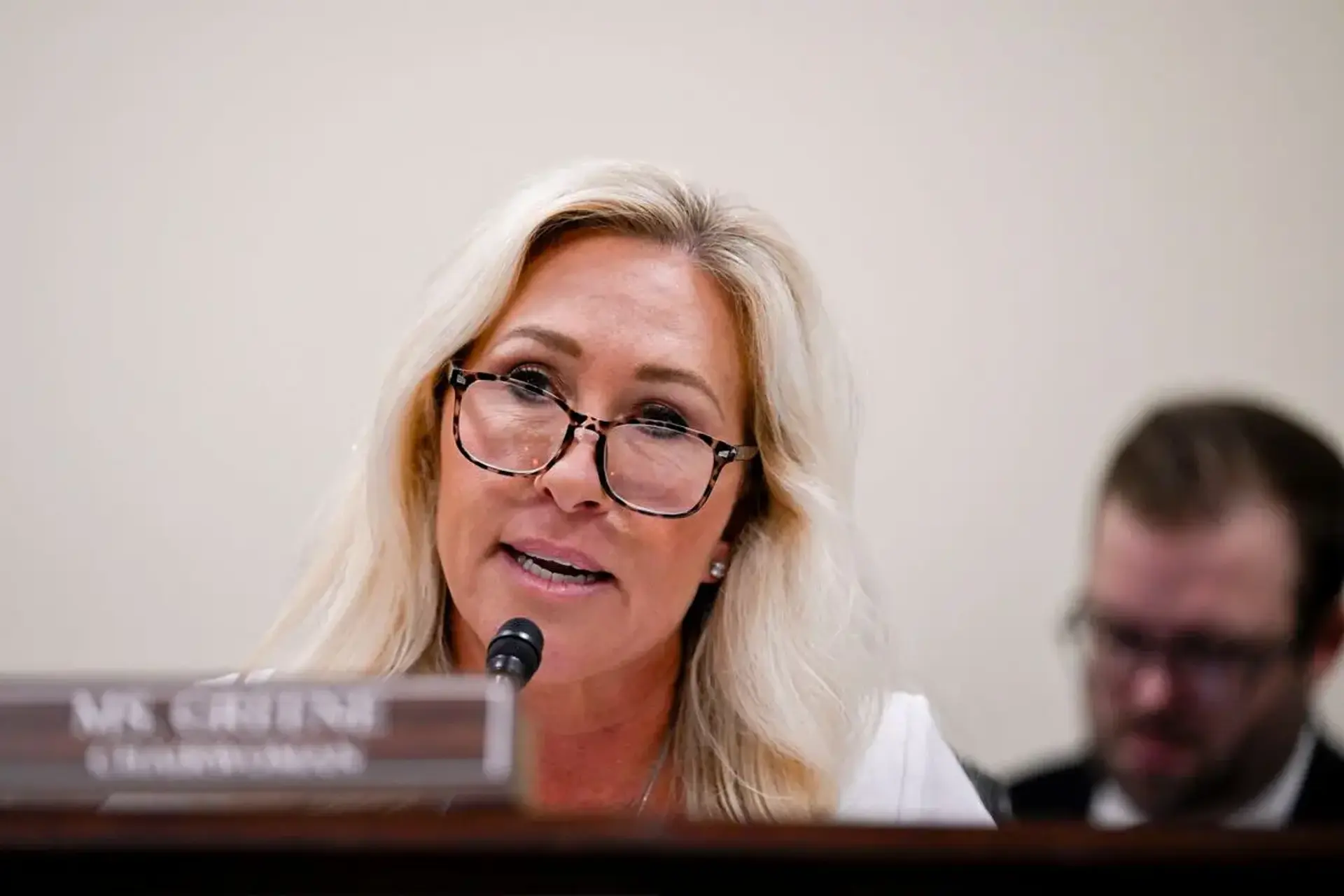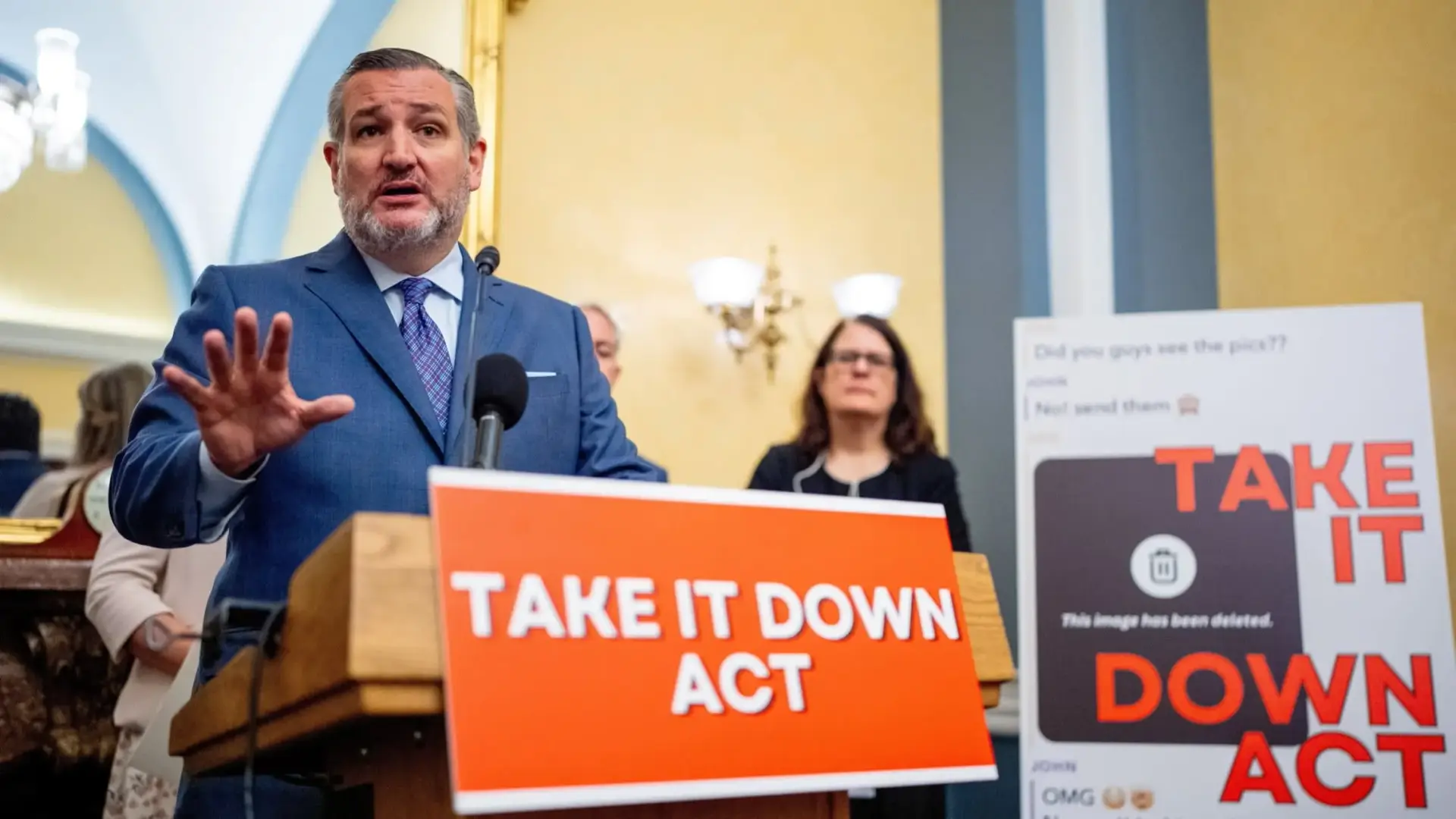A Republican-led proposal to prevent states from enforcing new AI regulations for a decade is facing bipartisan opposition. The measure, included in a recent House-passed tax bill, has sparked criticism from both Republican and Democratic lawmakers who argue it could stifle innovation and endanger public safety.
Opponents of the provision believe it would create a regulatory vacuum, preventing states from addressing AI-related harms. Conversely, proponents argue that a uniform federal approach is necessary to foster AI development and maintain US competitiveness. The bill now faces hurdles in the Senate, where it may encounter further resistance due to procedural rules and ongoing concerns about federal overreach.
Related Articles
airegulationpoliticstechnologypolicy




